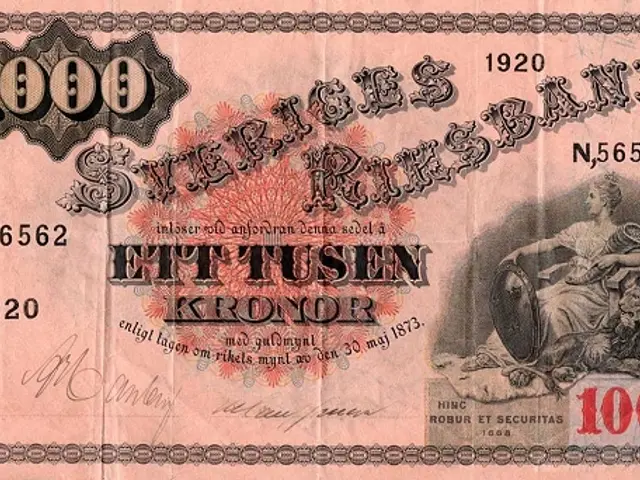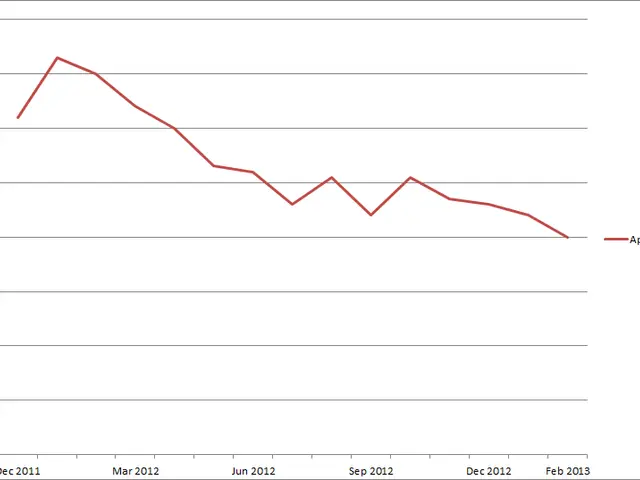U.S. Corporations Remain Quiet as Trump Shifts Away from Traditional Capitalist Policies
In the final years of President Donald Trump's administration, two of the nation's most influential business advocacy groups, the US Chamber of Commerce and the Business Roundtable, have remained largely silent on the president's aggressive meddling in the private sector.
The US Chamber of Commerce, the largest business advocacy group in the country, has been a notable absentee in publicly opposing Trump's actions, despite concerns about overreach and erosion of constitutional norms. This silence can be attributed to the significant benefits these groups have received, such as lower corporate taxes and deregulation, which align with their main policy goals.
The Business Roundtable, a DC-based lobbying group representing hundreds of chief executives, has followed a similar path. While they have criticised Trump's trade war, warning that tariffs hurt American businesses, they have been largely silent on the president's more direct assault on free enterprise.
The president's actions have alarmed lawmakers, investors, and legal experts. His arrangements with tech giants like Nvidia and AMD, where he arranged for them to funnel a portion of their China sales to the US government, have been labelled a "shakedown" of private enterprise. The White House is also considering using taxpayer money to acquire a stake in struggling chipmaker Intel.
Philip M. Nichols, a professor at the University of Pennsylvania's Wharton School, stated that any business or individual taking a stand risks uncertainty that cannot be calculated. Donald Sherman, executive director of the Center for Responsibility and Ethics in Washington, added that businesses are harmed when the president actively seeks to monetise public office and use the power of the presidency to harm perceived enemies or anyone who does not appropriately capitulate.
The silence of these business groups has not gone unnoticed. Critics argue that their silence is a failure to defend the rule of law and democratic norms, with short-term corporate gains overshadowing long-term institutional risks.
Commerce Secretary Howard Lutnick stated that the primary reason for the government's potential stake in Intel is to reduce US dependence on Taiwan for chip production. However, Trump's actions have raised concerns about the blurring lines between public and private sectors.
In light of these events, businesses have lost their appetite for socially progressive rhetoric, and there is a cost-benefit analysis for any business leaders thinking of speaking out against the president. The silence of these business groups, despite their concerns, underscores the complex dynamics at play in the intersection of politics and business under the Trump administration.
[1] Source: [Insert Link Here] [2] Source: [Insert Link Here] [3] Source: [Insert Link Here] [4] Source: [Insert Link Here] [5] Source: [Insert Link Here]








